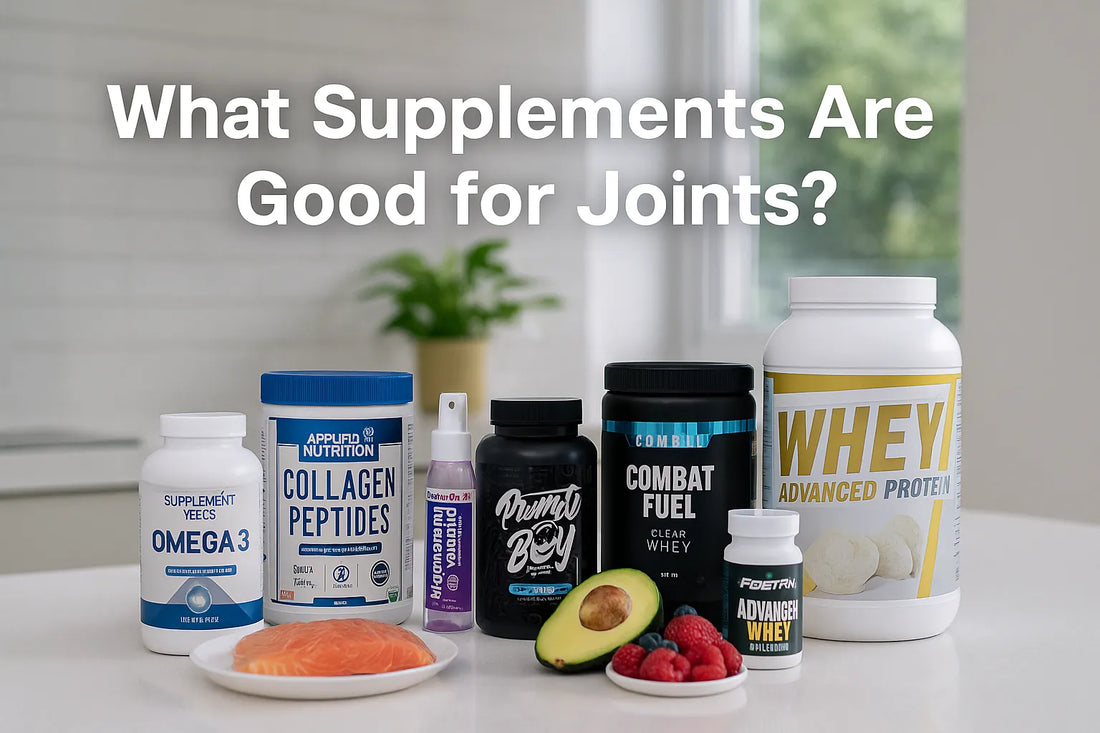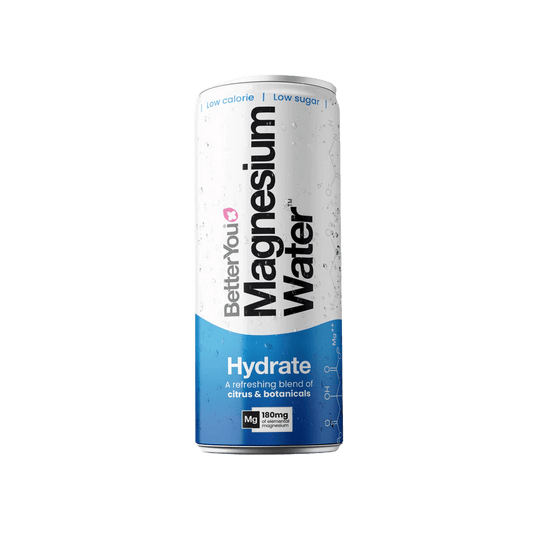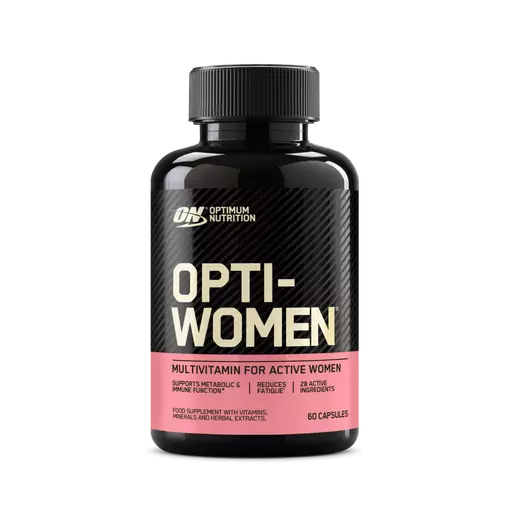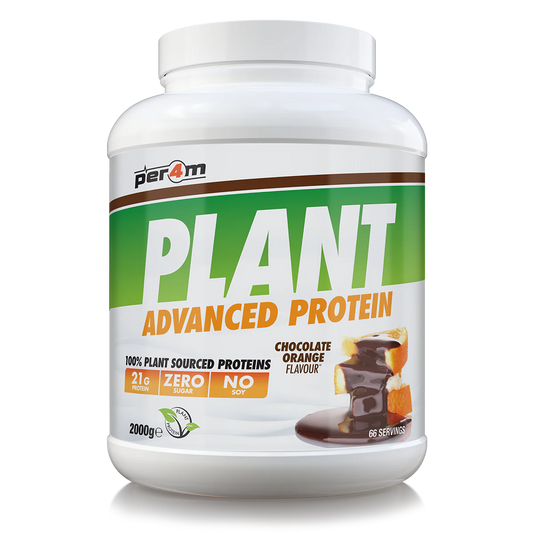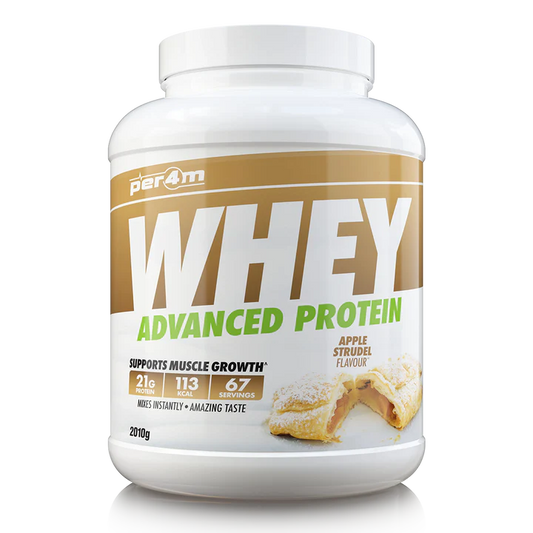Joint pain can hit anyone. Whether you’re a committed gym-goer, an office worker glued to a desk, or someone who just wants to stay mobile as they age, aching knees, stiff hips, and creaky shoulders can derail your lifestyle fast. The good news? The right supplements can make a huge difference — easing discomfort, improving mobility, and protecting long-term joint health.
But with so many pills, powders, and potions on the market, the question remains: what supplements are actually good for joints? Let’s dive into the science, the most effective ingredients, and how they fit into your daily routine.
What’s the Number One Joint Supplement?
If there’s one supplement most people associate with joint health, it’s omega-3 fatty acids. Omega-3s (EPA and DHA), found in fish oil, are proven anti-inflammatories that help reduce stiffness and support joint lubrication.
Supplements like Supplement Needs Omega 3 provide high-quality, concentrated doses without the need to eat oily fish every day. For anyone experiencing soreness after training — or simply wanting to keep their joints moving smoothly — omega-3 is often the first recommendation.
But collagen is rapidly catching up. Applied Nutrition Collagen Peptides directly feed the body the amino acids needed to rebuild cartilage, tendons, and ligaments. Unlike generic protein powders, collagen specifically targets the tissues most vulnerable to wear and tear.
Verdict: If you want a foundation for joint care, start with omega-3 and collagen. They’re complementary and work best together.
Does Magnesium Help Joint Pain?
Magnesium isn’t the first mineral people think of for joint health, but it deserves attention. Magnesium’s primary role is in muscle function, helping them relax and contract efficiently. When muscles are too tight, they pull on joints, creating unnecessary strain.
By easing muscular tension, BetterYou Magnesium Water indirectly relieves joint pressure. It’s not a “joint supplement” in the traditional sense, but it addresses one of the hidden causes of joint discomfort: muscle imbalance and tightness.
Magnesium also helps regulate inflammation, which is central to managing pain and swelling around joints. For anyone dealing with both sore muscles and sore joints, magnesium can be a two-in-one solution.
What Is the Most Powerful Anti-Inflammatory Supplement?
When it comes to calming inflammation, a few standouts dominate the research:
-
Omega-3 fatty acids (Supplement Needs Omega 3) – reduce inflammatory cytokines that aggravate joints.
-
Curcumin (from turmeric) – often called nature’s ibuprofen, though dosing and absorption can be tricky.
-
Collagen peptides (Applied Nutrition Collagen Peptides) – not only reduce inflammation but also rebuild cartilage.
Out of these, omega-3 and collagen are the easiest to integrate into a daily routine. They’re safe, effective, and already part of many people’s supplement stacks.
What Vitamin Deficiency Gives You Joint Pain?
Joint pain can sometimes be a red flag for deficiencies. The main culprits are:
-
Vitamin D – Low vitamin D is linked with bone pain, weakness, and increased risk of arthritis.
-
Vitamin C – Essential for collagen production; without it, connective tissues weaken.
-
B vitamins (especially B12) – Deficiency can increase fatigue and nerve-related pain, which sometimes manifests in joints.
While Optimum Nutrition’s Opti-Men and Opti-Women provide broad coverage, targeting deficiencies through food and specific supplements is best. For example, if you’re deficient in vitamin D, pairing a multivitamin with omega-3s can provide both immune and joint support.
Which Vitamin Is Essential for Joint Pain?
If you had to pick one vitamin for joint support, vitamin D takes the crown. It regulates calcium and phosphorus — minerals crucial for strong bones and healthy cartilage. Without adequate vitamin D, bones become brittle, joints weaken, and inflammation worsens.
That’s why many experts recommend combining vitamin D with omega-3s and collagen. Together, they cover the “big three” areas of joint health: bone, cartilage, and inflammation.
Can Vitamin B12 Reduce Joint Pain?
Vitamin B12 isn’t usually classed as a “joint supplement,” but it plays a surprising role. Low B12 levels are associated with higher inflammation markers, fatigue, and nerve pain. While B12 won’t rebuild cartilage, it supports the nervous system and helps reduce overall pain perception.
For vegetarians and vegans — groups most at risk of B12 deficiency — ensuring adequate intake can help reduce aches that might otherwise be mistaken for joint problems. Products like Per4m Plant Protein can also support recovery, ensuring muscles and joints are better nourished.
Wrapping Up Part 1
So far, we’ve seen that joint supplements aren’t a gimmick — they address specific biological needs. Omega-3 and collagen provide the structural support and anti-inflammatory effects joints thrive on. Magnesium eases the muscular tension that can cause joint strain. Vitamins like D and B12 fill in gaps that otherwise lead to pain and dysfunction.
In Part 2, we’ll dig into other popular supplements like turmeric, creatine, and protein powders, while also busting myths around glucosamine. We’ll also answer common FAQs and give practical advice for gym-goers and everyday people who want to keep moving pain-free.
What Supplements Are Good for Joints? (Part 2)
In Part 1, we explored the foundations of joint health — omega-3s, collagen, magnesium, and essential vitamins like D and B12. But the supplement world is wide, and there are more options worth considering. In this section, we’ll dive into turmeric, creatine, protein powders, and debunk the myths around glucosamine. We’ll finish with a practical FAQ so you know exactly what’s worth your money and what’s not.
Is Turmeric Good for Joints?
Turmeric (or more specifically its active compound, curcumin) has been hailed as one of nature’s strongest anti-inflammatories. Research suggests curcumin can reduce pain and stiffness in conditions like osteoarthritis, sometimes rivalling mild NSAIDs.
The challenge? Bioavailability. Curcumin is notoriously hard for the body to absorb. That’s why most effective turmeric supplements combine it with black pepper extract (piperine) to boost absorption.
For people who train regularly, turmeric can help calm inflammation from both heavy lifting and repetitive strain. While it won’t rebuild cartilage like collagen or strengthen bones like vitamin D, it can take the edge off daily aches and accelerate recovery.
How Do I Reduce Joint Inflammation?
Inflammation is at the root of almost every joint complaint. The best supplement approach is often layered:
-
Omega-3s – calm systemic inflammation.
-
Collagen peptides – repair and support cartilage.
-
Magnesium – reduce muscular tightness that contributes to pain.
-
Turmeric/curcumin – directly target inflammatory pathways.
Lifestyle matters too. Hydration, proper recovery sleep, and a diet rich in whole foods (fruits, vegetables, lean protein) all amplify supplement benefits.
Why Do Doctors Not Recommend Glucosamine?
For years, glucosamine was the poster child of joint supplements. But newer research has thrown doubt on how effective it really is. While some people report reduced stiffness, large clinical trials suggest glucosamine offers little to no benefit for many users.
That’s why doctors have become cautious about recommending it. Instead, the focus has shifted toward collagen and omega-3s, which have stronger evidence and wider benefits beyond joint health.
If you’ve tried glucosamine without results, don’t be discouraged — switching to collagen peptides or omega-3s could make all the difference.
Do You Need Protein Powder or Creatine for Joint Health?
This one surprises a lot of people. Protein and creatine aren’t marketed as “joint supplements,” but they can still play a role.
-
Protein powders like Combat Fuel Clear Whey or Per4m Advanced Whey ensure your body has the amino acids needed to repair not only muscles but also connective tissues around joints. Without enough protein, recovery slows and inflammation worsens.
-
Creatine, such as Naughty Boy Prime Creatine, helps muscles work more efficiently, reducing the stress placed on joints during training. Stronger muscles mean better joint stability, which prevents long-term wear and tear.
So while they’re not direct “joint pills,” both protein and creatine are indirect allies for joint protection.
Can Too Much Vitamin D Cause Joint Pain?
While vitamin D deficiency is strongly linked with pain, too much can backfire. Excess vitamin D raises calcium levels in the blood, which can cause stiffness, kidney issues, or even pain in bones and joints.
The good news: most multivitamins, like Optimum Nutrition Opti-Men or Opti-Women, provide safe, balanced levels that prevent deficiency without risking overload.
Verdict: vitamin D is essential, but stick to recommended doses unless a doctor advises otherwise.
FAQ: Joint Supplements Explained
1. What’s the number one supplement for joints?
Omega-3 fatty acids are often considered the gold standard, with collagen peptides running a close second.
2. Does magnesium help joint pain?
Indirectly, yes. By relaxing muscles and lowering inflammation, magnesium reduces stress on joints.
3. Is turmeric really effective for joint pain?
Yes — especially when paired with black pepper extract to improve absorption.
4. Do protein powders help joint health?
Yes, by supplying the amino acids needed for cartilage, ligaments, and tendons.
5. Should I take creatine for joint support?
Creatine strengthens muscles, which stabilises joints and prevents unnecessary strain.
6. Are glucosamine supplements worth it?
Not really — newer research shows little consistent benefit compared to omega-3 or collagen.
7. Which vitamin is most important for joints?
Vitamin D, because it regulates calcium and bone strength, directly impacting joint function.
8. Can vitamin B12 deficiency cause joint pain?
It can increase inflammation and nerve pain, which sometimes feels like joint discomfort.
9. Are joint supplements safe long-term?
Yes, omega-3, collagen, magnesium, and protein powders are safe for daily use when taken as directed.
10. Do I need multiple supplements, or just one?
A stack works best — omega-3 for inflammation, collagen for structure, magnesium for function, and protein/creatine for support.
Conclusion: Building Stronger Joints for the Long Haul
Joint supplements aren’t magic pills — but when combined with good nutrition, exercise, and recovery, they can make a huge difference in how you move and feel.
The best strategy? Build a joint-friendly stack:
-
Supplement Needs Omega 3 → inflammation support.
-
Applied Nutrition Collagen Peptides → rebuild cartilage and ligaments.
-
BetterYou Magnesium Water → ease muscular tension.
-
Naughty Boy Prime Creatine → muscle strength for joint stability.
-
Combat Fuel Clear Whey or Per4m Advanced Whey → repair connective tissue and muscle.
Think of supplements as tools — they don’t replace a healthy lifestyle, but they protect your joints so you can keep training harder, living better, and moving pain-free for years to come.

